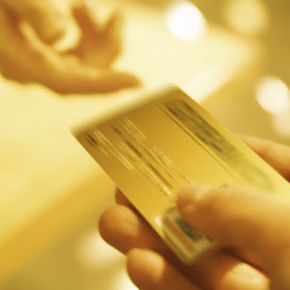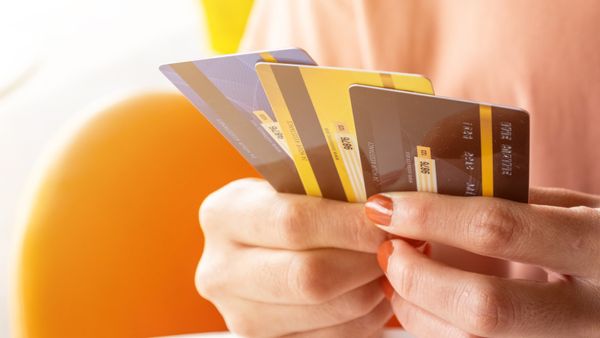How much of your money is yours and how much you pay toward your debt has a lot to do with how your debt got there in the first place. There are several reasons we accumulate debt, like paying for unforeseen emergencies or unemployment. But most often, debt is a result of bad spending habits, because unless you're spending cash, it's costing you money to spend money.
Imagine a credit card is someone granting you a favor to buy something you can't afford now but can easily pay off in the future. Well, the reality is that you simply end up owing more and owning less. We have been talking about the Joneses -- those neighbors with the life and stuff we want -- for almost 100 years, and we still can't keep up with them. Unfortunately, never being content with what we have can lead to large amounts of debt. And lacking the knowledge we need to manage that debt can keep those credit card balances static, or worse, allow them to grow.
Advertisement
Here's how. Imagine making a credit card purchase for $500. You rationalize spending the money because you look at it in $15 payments that are completely manageable. But what you don't see is the lender standing next to you with an outstretched hand wanting an additional $147 in interest charges. At $15 per month, it will take you four years to pay off the new $500 item at the average 2010 interest rate of 14.7 percent [source: Simon]. Considering that many credit cards have higher interest rates, this same purchase at 22 percent, for example, means handing over an additional $280 to the credit card company. Sure, you'll have four whole years to pay the $780, but will the item seem worth it when you finally own it outright?
Add to the small "wants" of our lives the larger investments of financed homes and cars, the planned "musts," such as college costs and weddings, and possible unplanned medical emergencies, unemployment and relocation, and it's easy to see how debt grows.
The No. 1 reason people go into debt is one or a combination of these factors, but it will include both personal finances and impersonal financials.
Next, we'll visit the debts of spending past, spending present and spending yet to come.
Advertisement


